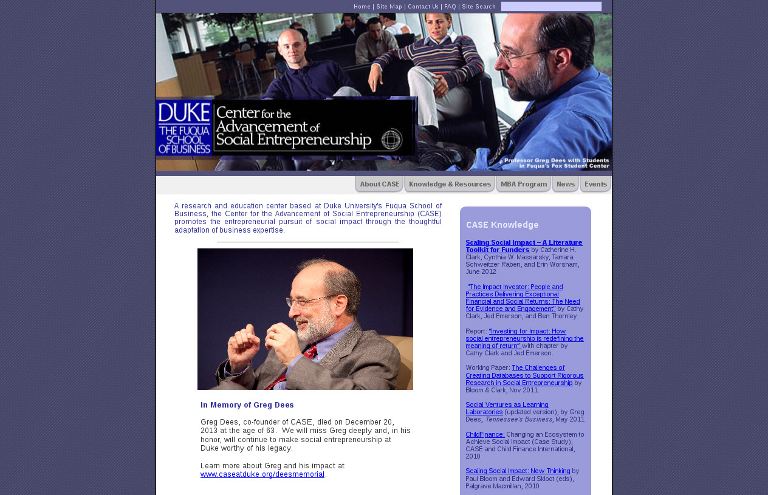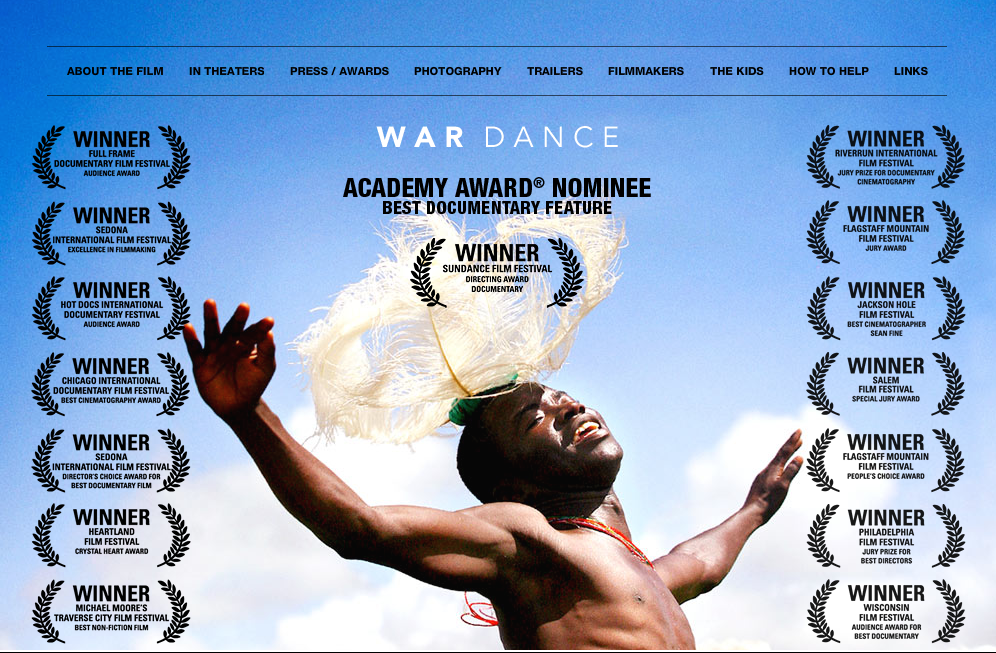The social sector has long had powerful entrepreneurial leaders, but cross-sector learning is relatively new. Recent trends in the social sector have led to a blurring of the lines between business, nonprofit and government organizations. In particular, frustration with traditional governmental and charitable approaches to social problems has prompted social sector leaders to tap into the strengths of the business and entrepreneurial world in their search for more sustainable and systemic solutions. For example, homeless shelters are starting businesses to train and employ their residents; environmental organizations are partnering with corporations to find economically sound ways to protect natural habitats; and arts groups are exploring new ventures that promise stabilized revenue and enhanced community development. CASE was founded to build upon the deep respect for the talent, passion, and dedication of the countless individuals who have devoted their lives to working for the common good. This work is difficult and involves unparalleled challenges. They do not presume to offer easy answers; nor do we think that the social sector should be recreated in the image of business. However, they do believe that we can all benefit by joining in a systematic search for better ways to develop, sustain, and scale innovative and effective responses to social needs. In their first five years, CASE has focused on providing thought leadership for the growing field of social entrepreneurship, building a robust MBA Program for students and alumni interested in applying their business skills for social impact; and establishing a strong institutional presence and base of support at Duke University. Finally, in all of their knowledge creation efforts, CASE will maintain our focus on bridging the gap between business and the social sector, and between theory and practice, so that knowledge will be translated effectively for use by front-line social entrepreneurs, nonprofit leaders, and philanthropists. They also remain committed to building credibility for this field in academia. Specifically, they will focus most of our research and writing efforts around topics related to the principles and process of social entrepreneurship and economic strategies and structures for social impact. 










